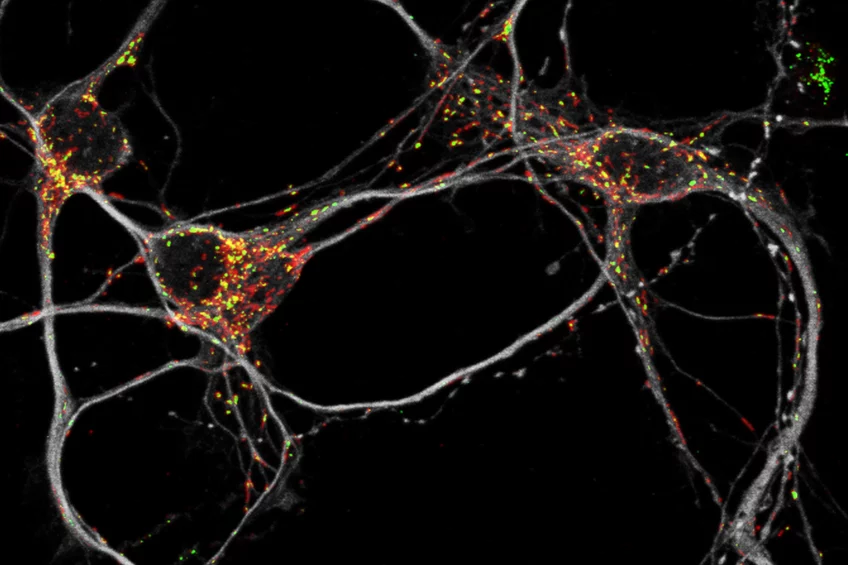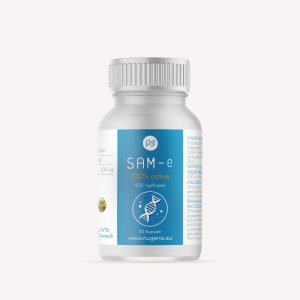
The Electric Language of Life — How the Nervous System Rewrites the Genome
Opening: The Electric Language of Life
The nervous system is not merely a communication network; it is the living interface between perception and biology. Every thought, every sensation, every memory translates into molecular signals — neurotransmitters, ions, and growth factors — that reshape the epigenetic landscape of neurons and glial cells. This dialogue between electricity and chemistry makes the brain’s plasticity possible. It is where the immaterial becomes material, and where experience leaves a biological signature.
Synaptic Plasticity and Memory Encoding
When neurons fire together, their connections strengthen — a process known as long-term potentiation (LTP). Yet beneath the electrical pulse lies an epigenetic script: DNA methylation, histone acetylation, and microRNA modulation fine-tune the transcription of genes essential for synaptic growth. The BDNF gene, a key regulator of neuronal resilience, is epigenetically activated through experience and learning. Stress, by contrast, recruits repressive histone marks, silencing this neurotrophic support and fostering vulnerability.
The Glial Contribution: Epigenetic Support and Defense
Glial cells — astrocytes, oligodendrocytes, and microglia — are more than passive support. They read and respond to epigenetic cues that regulate inflammation, metabolism, and myelination. During stress or injury, microglia shift into a pro-inflammatory state through histone modification and NF-κB activation. Chronic activation creates a “memory” of inflammation — a maladaptive epigenetic imprint that can persist even after the initial threat has passed. Thus, glial epigenetics forms the silent backdrop of neural resilience or decline.
The Neuroendocrine Bridge: HPA Axis and Cortisol Signaling
The hypothalamus and pituitary translate stress perception into hormonal language, releasing cortisol through the adrenal glands. This system — the HPA axis — is one of the most studied models of experience-dependent epigenetic regulation. Chronic stress leads to persistent methylation of glucocorticoid receptor genes (NR3C1), reducing feedback sensitivity and heightening reactivity. Conversely, nurturing and secure attachment can demethylate these sites, restoring balance. The nervous system thus embodies the psychosocial environment at the level of gene expression.
Epigenetic Regulation of Neurotransmission
Every neurotransmitter system — dopamine, serotonin, GABA, glutamate — is modulated by epigenetic enzymes. MAO-A and MAO-B, which degrade dopamine and serotonin, are under methylation control. Altered MAO expression contributes to anxiety, depression, and neurodegeneration. Drugs, nutrition, and even meditation can recalibrate these pathways, showing that neurochemistry and epigenetics are two aspects of the same adaptive system.
Neural Epigenetics and Lifelong Adaptation
Epigenetic changes in neurons are remarkably stable yet reversible. They enable the nervous system to encode experience as enduring cellular memory. During development, these mechanisms shape brain architecture; in adulthood, they govern learning, emotion, and adaptation. The same plasticity that allows for growth can, under chronic stress, lead to maladaptive wiring — an epigenetic scar of experience. But the story does not end there: neuroepigenetic healing remains possible through enriched environments, social connection, and restorative sleep.
Closing: The Mind in the Cell
The nervous system is the biological form of awareness. Its epigenetic mechanisms allow thought to become tissue, and tissue to become thought again. In every synapse, the genome listens and responds — turning perception into biology, and biology into memory. The nervous system, in this sense, is not only reactive but creative: it continuously rewrites itself in response to the lived world, a molecular testimony to the unity of mind and matter.
Eduard Rappold
Note: This information is provided for educational purposes only and does not replace professional medical advice. Always consult qualified healthcare professionals for medical concerns.
Copyright © Eduard Rappold 2025
http://nugenis.eu/shop
NUGENIS specializes in epigenetically active nutritional supplements.

